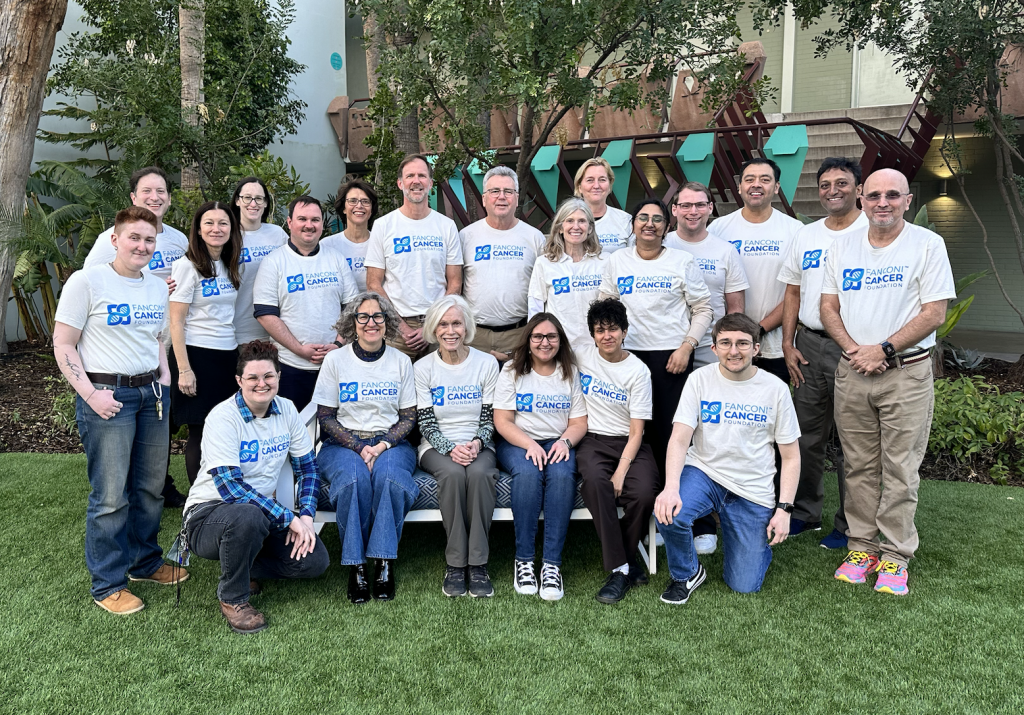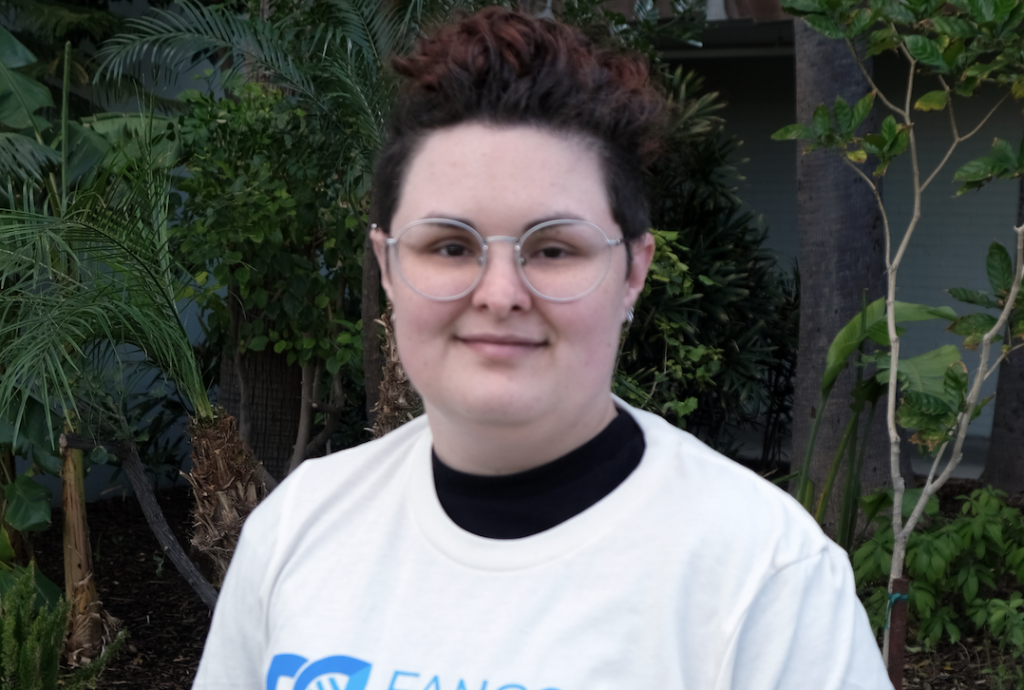Supported Research
-
Fanconi anemia (FA) is a rare inherited bone marrow failure syndrome characterized by chromosomal abnormalities and increased susceptibility to cancer. Allogeneic bone marrow transplantation is currently the only treatment for bone marrow failure, but its use is limited by the need for a suitable donor...
-
Correcting FA mutations in all cells of the body may prevent issues such as bone marrow failure and cancer in people with FA. Since mutations in FA genes start during the gestational process, the ideal time to correct genes may be in utero. The goal...
-
Studying a rare disease such as Fanconi anemia is challenging: data must be captured from as many treatment locations as possible. No single institution can have a breakthrough; it requires sharing as much data as possible from as many individuals as possible. Since 2015, Data...
-
Individuals with FA have a higher risk of developing head and neck squamous cell carcinoma (HSNCC) at young ages. Long-term survival rates remain low because often these patients cannot tolerate conventional chemotherapy and radiation treatments due to issues related to toxicity. This study is the...
-
The FA population carries a high risk for squamous cell carcinoma (SCC) of the oropharyngeal and anogenital regions connected with high morbidity and mortality. In addition to intrinsic genetic instability, hematopoietic stem cell transplantation (HSCT) and a number of other factors contribute to the pathogenesis...
-
This team will facilitate collaborations between all current and future participants of the Fanconi Anemia Cancer Consortium (FACC). The goal is to gather information and samples from past, present, and future patients to fully understand how tumors develop in FA patients and facilitate new prevention...
-
Researchers will run samples collected by brushing lesions through an automated system to detect abnormal DNA content and malignant changes. By identifying high-risk lesions, closer follow-up and early intervention can be used to prevent malignancies. The goal is to establish a centralized lab at BC...
-
Laboratory models of FA head and neck cancer are lacking and represent a major barrier to identifying more effective treatments. We helped pioneer the creation of patient-derived xenografts (PDX) from head and neck cancers and have developed the first PDX from a head and neck...
-
Typical treatments for cancer involve conditioning that damages DNA and can therefore be harmful for people with Fanconi anemia, who cannot repair DNA. Researchers are testing drugs using patient-derived xenografts (tumors from patients that are grown in mice) to find a way to kill FA...
-
A new and rare condition affecting patients with Fanconi anemia has emerged over the last few years. This condition leads to brain lesions which can lead to weakness, seizures and cognitive issues. We do not know the cause of this condition. Current thinking suggests that...
The Latest
News & Events

In 1989, Lynn and David Frohnmayer founded the Fanconi Anemia Research Fund (FARF), determined and desperate to find a cure for their three daughters diagnosed with Fanconi anemia (FA). Since then, their vision has grown into a vibrant community of FA families, researchers, clinicians, donors, fundraisers, staff, and volunteers, all dedicated to improving outcomes for people with FA.

World-Renown Experts Take On the Root of the Problem The long-awaited genetic revolution for rare genetic diseases has arrived and with it, the potential to cure diseases like FA within our lifetimes using state-of-the-art gene therapy (gene replacement) and gene...

My name is Blue Mohr and I’m a 27-year-old living with Fanconi anemia (FA). I’m from Austin, Texas, though I am currently living in Washington, D.C. where I’m pursuing a Master of Public Health degree from the George Washington University with concentrations in epidemiology, cancer, and public health communication and marketing.


